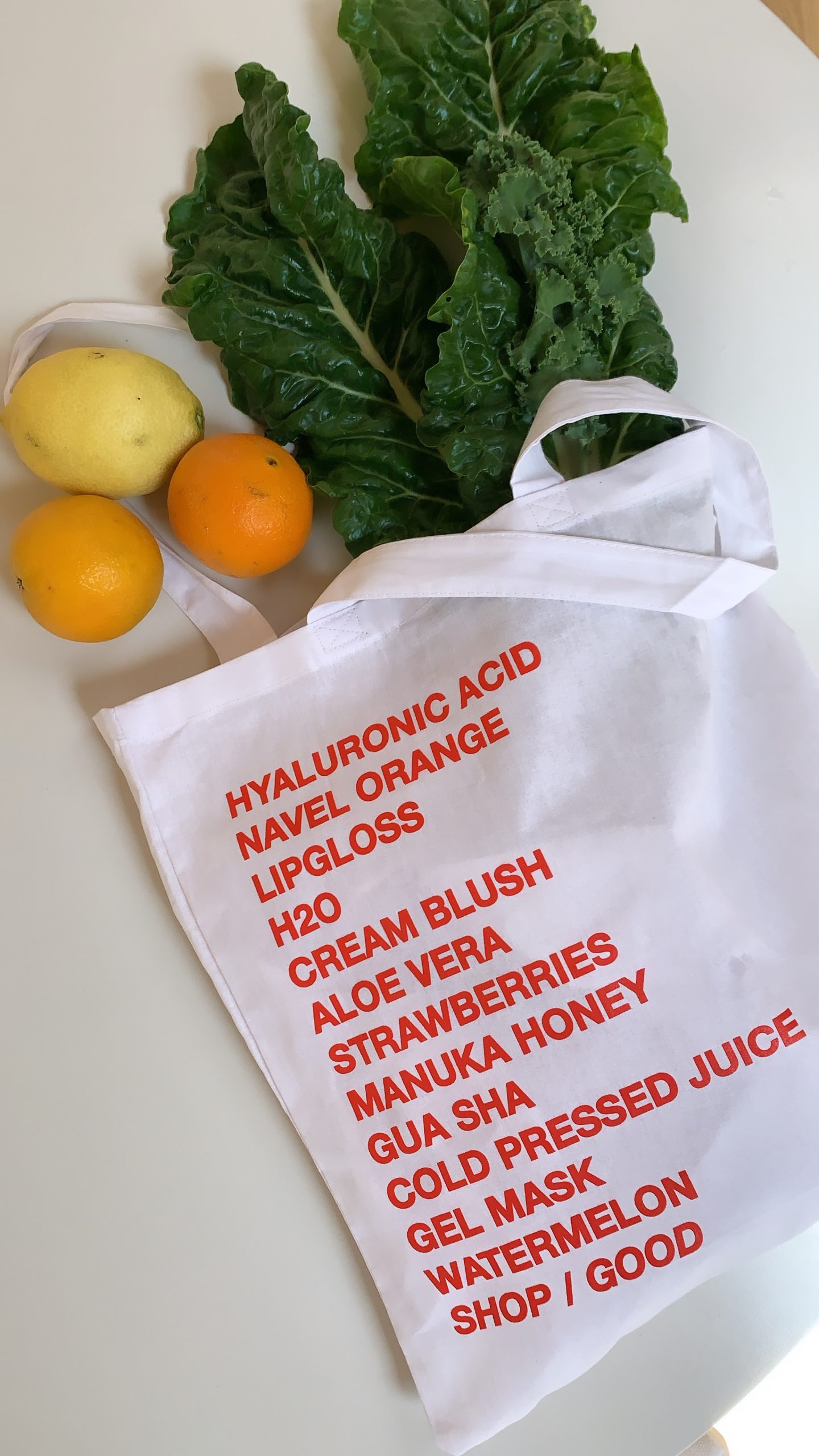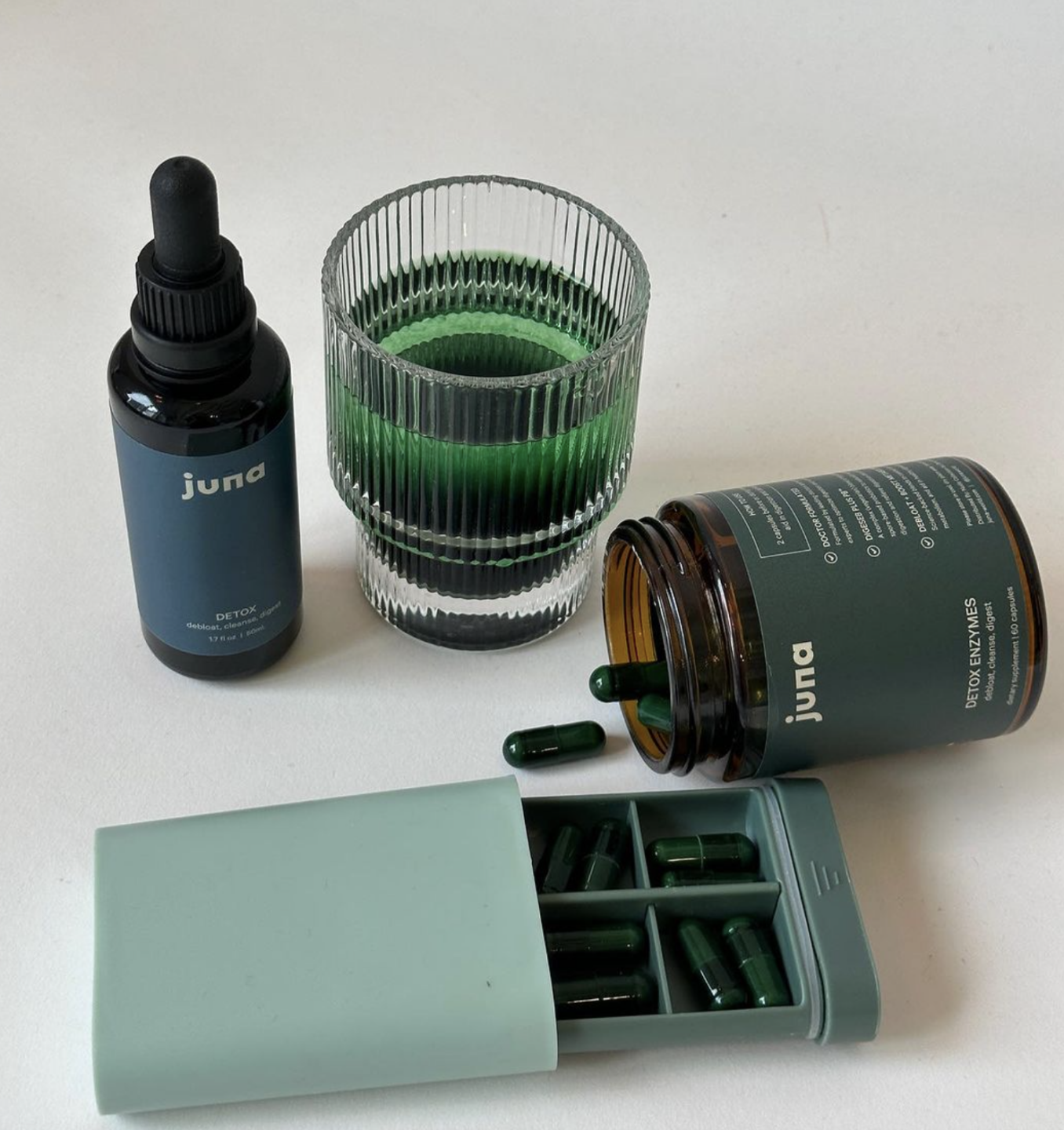March 12, 2020

The experts at Majka are chiming in as today’s guest blog contributors!
//
As mothers, we know what’s best for our baby. Even though we’re somehow able to juggle a million different responsibilities at once, we can’t always be an expert at everything—that’s where Majka comes in. We’re here to give you optimal nutrition products, as well as, in-depth information that can help you in your motherhood journey.
If you’re wondering how to increase your milk production and find the best lactation supplements to boost your milk supply, we’ve put together an ultra handy guide for all your milk supply 101 needs.
1. FEED BABY OFTEN — FREQUENT FEEDING HELPS ESTABLISH YOUR MILK SUPPLY.
When you first begin breastfeeding, a strict schedule is not necessary. Instead, focus on feeding your baby on-demand. Strive for 8 to 12 feedings every 24 hours — which means you’ll be feeding roughly every 2 to 3 hours.If you find your baby is extra sleepy and not wanting to eat, spend more time with skin-to-skin contact. This will encourage your little one to feed.By feeding often — especially in these early moments — you’ll establish your milk supply, prevent and relieve engorgement, and help your baby gain weight and grow.
2. STAY HYDRATED — ALWAYS KEEP WATER BY YOUR SIDE.
You’ll begin to notice that the moment your baby latches, you get thirsty. Producing breast milk is hard work! Your body needs plenty of water to produce this liquid gold.To ensure that you’re always hydrated, drink when your thirsty, always keep water nearby, request that your partner reminds you to drink, and always choose water first.If you begin to get bored of drinking primarily water, mix things up by adding lemon or lime juice, a slice of fruit, or an electrolyte mix.
3. TAKE TIME TO REST.
After birth, your body needs time to rest and restore. Taking time to rest (even if you aren’t sleeping) will help your body repair postpartum while also gearing up to produce milk for your little one.Try to sleep when your baby naps, spend time lounging in bed with your baby, and ask for support when you need it.
4. LIMIT YOUR STRESS — TRY DAILY MEDITATION OR YOGA.
Wondering if you are producing enough milk or if you have low milk supply can be mentally (and sometimes physically) stressful. Most moms may be surprised to know that your body typically makes the perfect amount of milk for your baby, so give yourself a break and do your best to limit stress. By keeping stress levels down (and not worrying about every ounce gained or lost) you’ll actually help to improve your breast milk supply.Cortisol (aka the stress hormone) is a breast milk killer. Instead of stressing, try to do something small physically to keep your mind and body at ease. Try out meditation, yoga, taking a walk, doodling, or doing something that makes you feel calm and relaxed. The less stressed you are, the more energy your body has to keep producing breast milk.
5. FOCUS ON YOUR NUTRITION.
The expression “You are what you eat” is twice as true when you’re a breastfeeding mother. Whatever you eat, your baby eats, so it is crucial that you fuel your body with the right nutrition and the best lactation foods to boost your breast milk supply.What you put in your body determines the quality of your breast milk. This is why it’s ultra-important to eat a diet rich in essential vitamins and minerals so you can pass this nourishment on to your baby.The way you take care of yourself postpartum will affect your body for the rest of your life. While we know you’re constantly busy taking care of your family, also take the time to care for yourself by getting the nutrients your body needs to keep going.
To download Majka’s Breastfeeding Diet Guide, click here! A detailed guide on nourishing your milk supply and restoring your body postpartum.
HOW TO REACH YOUR BREASTFEEDING GOALS:
If you’re having lactation issues…
1. PREPARE AHEAD OF TIME…
Expecting in a few months (or a few days)? Get informed about breastfeeding and all it entails before the baby comes. While you’ll probably learn the most on the spot, there isn’t any harm in knowing what to expect physically and techniques to make breastfeeding easy in the beginning. Need some breastfeeding book recommendations?
- The Womanly Art of Breastfeeding by Diane Wiessinger, Diana West, and Teresa Pitman
- Breastfeeding Made Simple: Seven Natural Laws for Nursing Mothers by Nancy Mohrbacher, Kathleen Kendall-tackett
2. FIND LACTATION BOOSTING SUPPLEMENTS
Lactation supplements can be found in many forms (teas, pills, powders…etc.). One of the easiest ways to boost your lactation powers is by finding a supplement that provides postpartum nutrition as well as a lactation boosting formula. Majka’s Nourishing Lactation Protein Powder does just that. Already have a protein powder you like? Try out Majka’s Lactation Booster Powder that can be effortlessly added into a shake, baked into lactation cookies, or sprinkled on a salad for an extra kick in the lactation department.
3. SPEAK WITH A LACTATION CONSULTANT
If you find yourself having problems with latching, lactation, or other issues involving breastfeeding, it may be helpful to find a lactation consultant you can speak with. Talk to your healthcare provider to see if they have a network of lactation consultants or find a lactation group near you with the La Leche League International.
If you’re going back to work…
1. Know Your Laws: The Affordable Care Act law passed in 2010 stated that workplaces must have a private place for women to pump and require a break to do so. If your place of work does not, here is everything you need to know about the“Break Time for Nursing Mothers” law.
2. Know What To Expect: Going back to work can stir up a flurry of emotions, both good and bad. You may feel independent and powerful, yet extremely guilty at the same time. Having realistic expectations of how it will feel to go back to work and balance mom and career life will set you up on a solid foundation for success. You may find Work. Pump. Repeat.: The New Mom’s Survival Guide to Breastfeeding and Going Back to Work by Jessica Shortall helpful in your transition.
If you’re needing emotional support…
Find Your Tribe: You are not alone. This phrase is said so often the meaning seems to get lost, so we’ll say it again: YOU ARE NOT ALONE. So many mothers feel lost, defeated, or uneducated when it comes to breastfeeding, especially in the beginning. Do not face it alone!
Find a support system: (whether it is your family, friends, or a mom group in your area or online) and talk with people. Ask them for advice, tell them what you’re feeling, ask “is this normal?” or anything else you can think of. Who knows what could happen with the right support? When moms support moms, more women may choose to breastfeed for longer with the right support group!If breastfeeding is something you want to do, we encourage you to keep at it! Breastfeeding is not easy and it takes a while for you and your baby to master.
Equip yourself with the knowledge, nutrition, and emotional support you need to get through it. At the same time, if you decide breastfeeding is not for you, there is nothing wrong with that either! Keeping your baby’s belly full (whether through breast milk or formula) is the goal and you know what’s best for you and your family. As for us? We’re here to support you in any way we can. For more educational information,visit our blog to read up on motherhood tips, breastfeeding advice, and nutritional recipes.
Looking for more information on breastfeeding? Here are more blog posts to help you feel as prepared as possible as a new mom!
- Breastfeeding Guide for New Moms
- Breastfeeding for Vegan Moms
- Breastfeeding vs. Formula
- How Can Stress Impact Breastfeeding?
- 7 Breastfeeding Myths You Shouldn’t Believe
- Answers to 3 Commonly Asked Questions About Breastfeeding
Be sure to follow us @lovemajka for more conversations and tips about motherhood!
//
SOURCES
“CDC Releases 2018 Breastfeeding Report Card.” Centers for Disease Control and Prevention. 20 August 2018,https://www.cdc.gov/media/releases/2018/p0820-breastfeeding-report-card.html.“Breastfeeding Facts.” Centers for Disease Control and Prevention. 1 August 2019, https://www.cdc.gov/breastfeeding/data/facts.html.“Workplace Support in Federal Law.” United States Breastfeeding Committee. http://www.usbreastfeeding.org/workplace-law.



































Have Something to Say? Leave a Comment